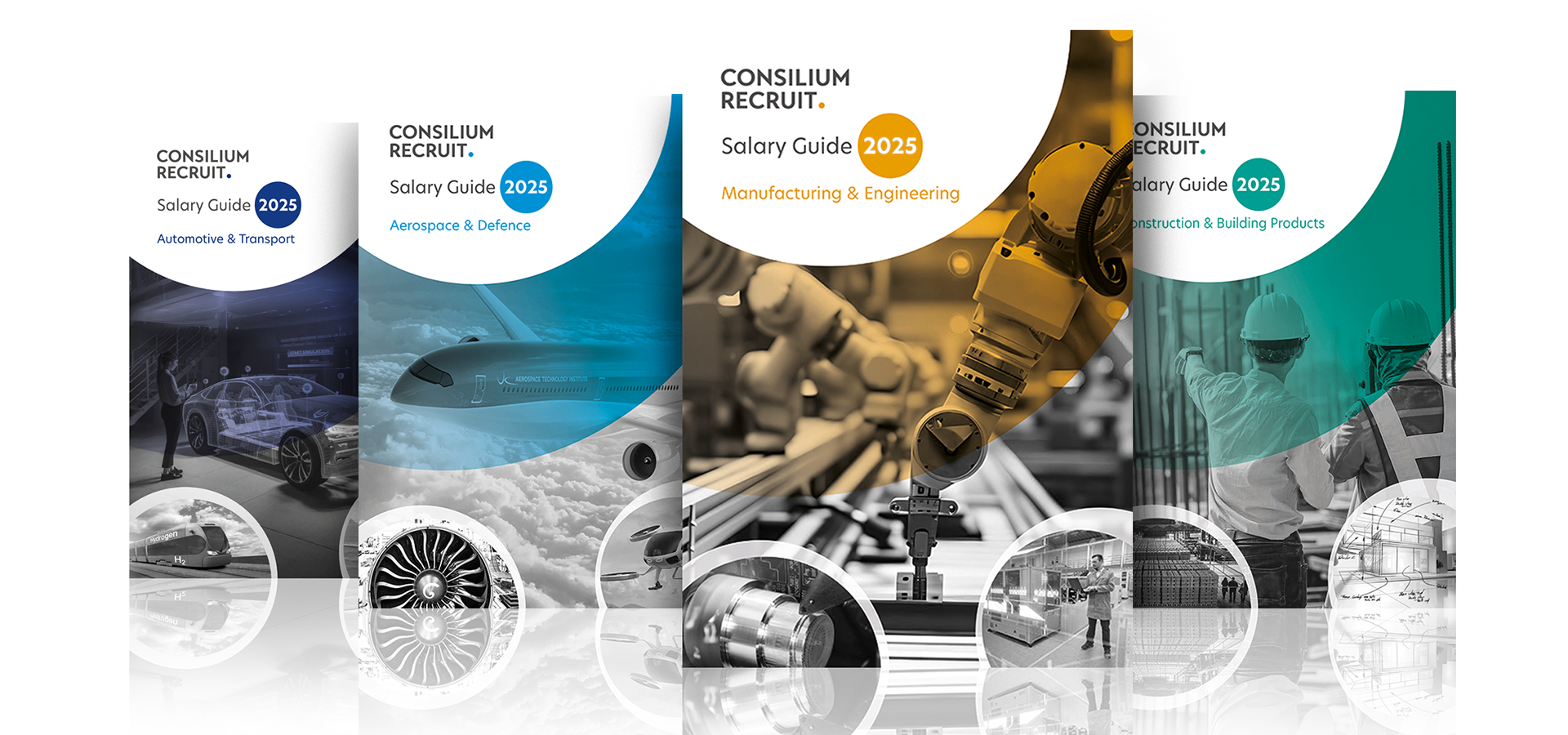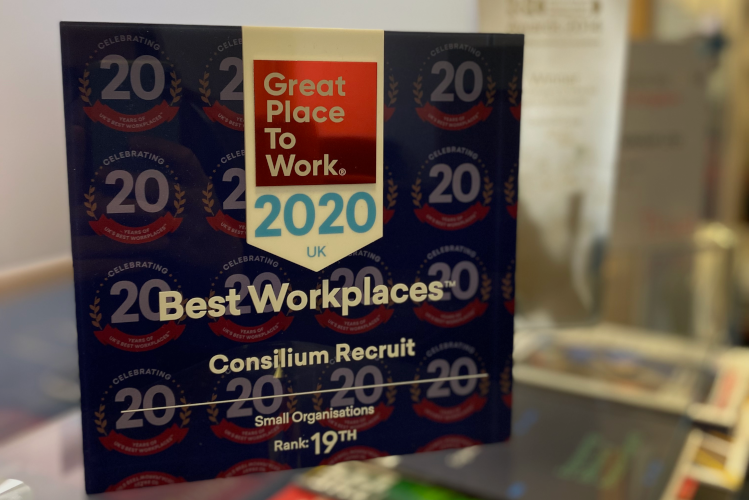IR35; What an agency/ consultancy needs from an end hirer
With the IR35 legislation changes rocketing towards us, the question I have been asking myself is what do we actually need from an end hirer to ensure the contractor recruitment process runs in a smooth and compliant manner? Many end hirers simply don’t know.
From April 2020, any contractor vacancies will require a Status Determination Statement (SDS) and a copy of the client’s challenge process on top of the usual job spec and candidate requirements. End hirers/ Clients will HAVE to prove that they have taken ‘reasonable care’ to reach their decision as to whether the role will fall inside or outside of IR35. After all, it will be their legal requirement to do so.
To clarify, although very subjective;
Inside IR35: A fully controlled Contractor who is unskilled, inexperienced and requires significant instruction from the client. A specific individual who has an obligation to personally provide the services required with this contract and is moved from task to task at the client’s discretion. This is a more employee/ employer-based agreement. This position will be subject to PAYE.
Outside IR35: A role where the Contractor establishes the scope of services and picks their own working hours and location and can or will provide and pay for a substitute. The Contractor has no entitlement to a notice period and risks immediate termination of the contract. They also need to purchase goods or services to undertake the work. The contractor is exposed to reduced or no payment if the work is unsatisfactory. This role will not be subject to PAYE.
This determination will affect the Contractors take home pay and will therefore have an impact on the types of contractors you attract based on your approach to this legislation change.
So… what should End hirers be doing to prepare?
Assess your contractor services- if your recruitment partners don’t follow the determination you have given and they aren’t stable enough to pay any fines from HMRC, the liability will move back up the supply chain to the next available source. If this chain is End hirer/ client – fee payer/ recruitment partner- contractor then the liability will move to the end hirer.
Educate yourself and your business- ensure all relevent parties understand the implications of getting this wrong.
Check and double check your internal processes- make these business as usual. Ensure you are establishing what reasonable care means within your business. Unfortunately, HMRC haven’t issued any guidelines as to what constitutes reasonable care but a strong process is a great start.
There is under 2 months until this legislation is live, don’t get caught out!
If you have any questions, or would like to attend one of our free workshops, in conjunction with Brookson Legal, please email rebecca.hawthorne@consiliumrecruit.com or visit our IR35 page










